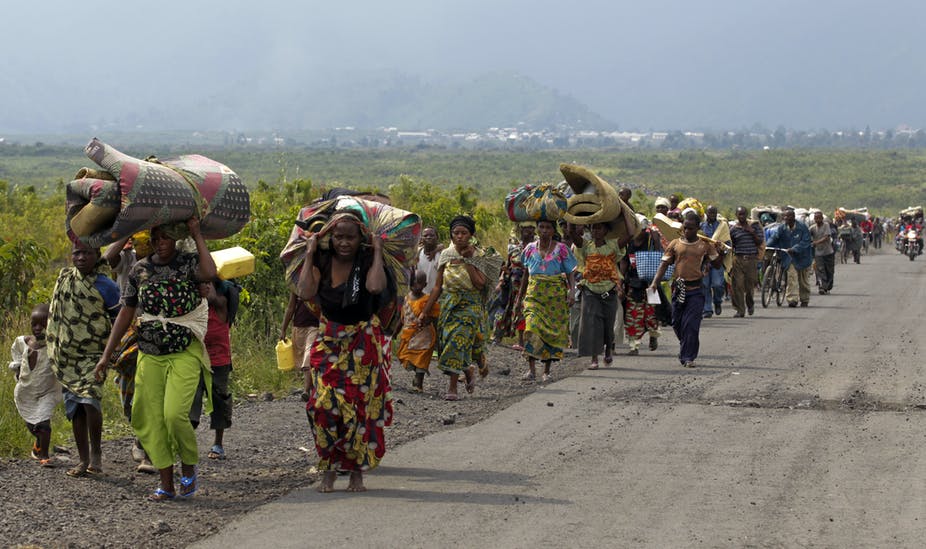PC: AEFJN
In April of this year, I took part in the 2024 Refocus: An Online Summer Forced Migration in Africa Workshop Series. It was an enlightening and enriching experience that provided valuable insights into the complexities and challenges surrounding forced migration in Africa.
The series, organized by the Refugee Law Initiative, University of London, in collaboration with the Centre for Migration Studies, University of Ghana, and other esteemed partners like the IDRC, has been instrumental in fostering knowledge, critical thinking, and capacity-building among early career and emerging scholars in the field.
The series was structured around four key sessions, each delving into crucial sub-themes related to forced migration and regionalism in Africa. The first session highlighted the necessity of comprehensive strategies to address forced migration, covering social, economic, and political dimensions.
Critical discussions revolved around responses to coups, conflict, and the complexities of repatriation and forced returns in different African regions. The third session emphasized the impact of climate change on forced displacement and the need for multidisciplinary collaboration and integrated approaches. The final session explored regional cooperation, encampment policies, refugee leadership, and the importance of meaningful participation in decision-making processes.
Throughout the sessions, valuable insights from speakers such as Prof. Jo Vearey, Dr. Alain Tiga Ouedraogo, Allehone Abebe, and Jean Marie Ishimwe encapsulated essential perspectives crucial for future discourse on forced migration in Africa.
Issues such as resource allocation, policy coordination, climate-induced displacement, and refugee participation were effectively addressed, highlighting both progress made and areas needing ongoing attention.
The workshop series has significant policy implications, including the encouragement of regional cooperation, integration of climate adaptation with migration governance, advocacy for inclusive policies, and investment in capacity-building initiatives.
The success of the series was greatly enhanced by the support and collaboration of partnering institutions, particularly the IDRC, which has demonstrated a commitment to ongoing research and evidence-based approaches in addressing forced migration challenges.
In conclusion, the 2024 Refocus workshop series has laid a solid foundation for future endeavors in tackling forced migration in Africa.
It was essential to address critical themes, engender collaboration, and propose actionable policy recommendations; the series has contributed significantly to the discourse on forced migration and regionalism, paving the way for more inclusive, sustainable, and rights-focused interventions in the region.
By: Vincent Amedzake
Communications Specialist
Public Affairs Directorate, University of Ghana

